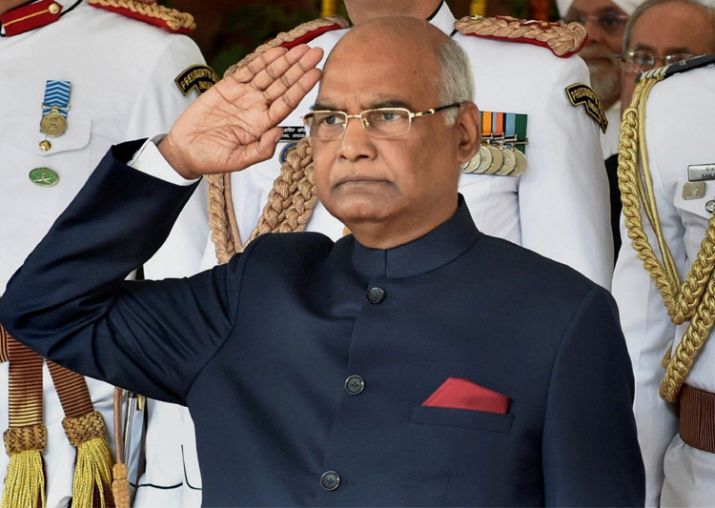The central government seems to be firm in its resolution for ensuring the biggest electoral reform of ‘one nation, one election’ till date. As per a report by Oneindia, the central government plans to hold the next general elections little early by March before the tenure of the complete government is completed. The idea is to hold simultaneous elections in as many states as possible along with the 2019 general elections. This can be seen as part of a larger government ambition to hold simultaneous elections for the Lok sabha and all states assembly elections.
The government is planning to hold state assembly elections for Rajasthan, Chhattisgarh and Madhya Pradesh along with the 2019 general elections. The tenure of the state governments in these states is scheduled to end by mid-December. According to sources, the government is set to impose President’s rule for three months in these states. Thereafter, elections in these three states will be held together with the general elections in 2019. Apart from this, elections in Andhra Pradesh and Telangana will also be held along with the general elections.
Apart from this, Karnataka might also have to go through elections if the unholy JD(S)-Congress alliance fails to prove its numbers during the confidence motion before the Karnataka legislative assembly. Even if it passes the trust vote, the alliance is inevitable to suffer from instability that might eventually lead to mid-term elections before 2019 itself. In such a case, the government would definitely have the option of conducting Karnataka elections along with general election in 2019. It will also be beneficial for the BJP to hold Karnataka elections along with the general elections. The BJP is set to enjoy Modi wave similar to 2014 in 2019 also, while the JD(S)-Congress coalition will be suffering the wrath of the Lingyats and the Vokkaligas. The BJP could be in a position to make significant gains in the state.
Last month, a BJP study on the idea of ‘one nation, one election’ has submitted its report to PM Modi. This has come after PM Modi asked the BJP leaders and its cadres to initiate deliberations on the matter, so that a consensus could be reached. The report has suggested innovative and welcome modifications to deal with the issues of by-polls and mid-term polls. NITI Aayog had also come out with a report which criticized the present model that leads to frequent elections. It is a known fact that due to frequent elections almost all parties remain in election mode giving rise to populist measures with an intention to appease the voters. Frequent elections not only leads to avoidable division of administrative resources and security personnel but also creates a prolific atmosphere for caste and religion politics to perpetuate.
‘One nation, one election’ will not only help in reducing excess expenditure of taxpayers’ money on holding frequent elections but will also allow the elected government to focus on the fundamentals of governance. When elections won’t be the primary concern, the government will be able to undertake and execute mid-term/ long-term projects with complete freedom, without having to weigh the pros and cons at every step.
